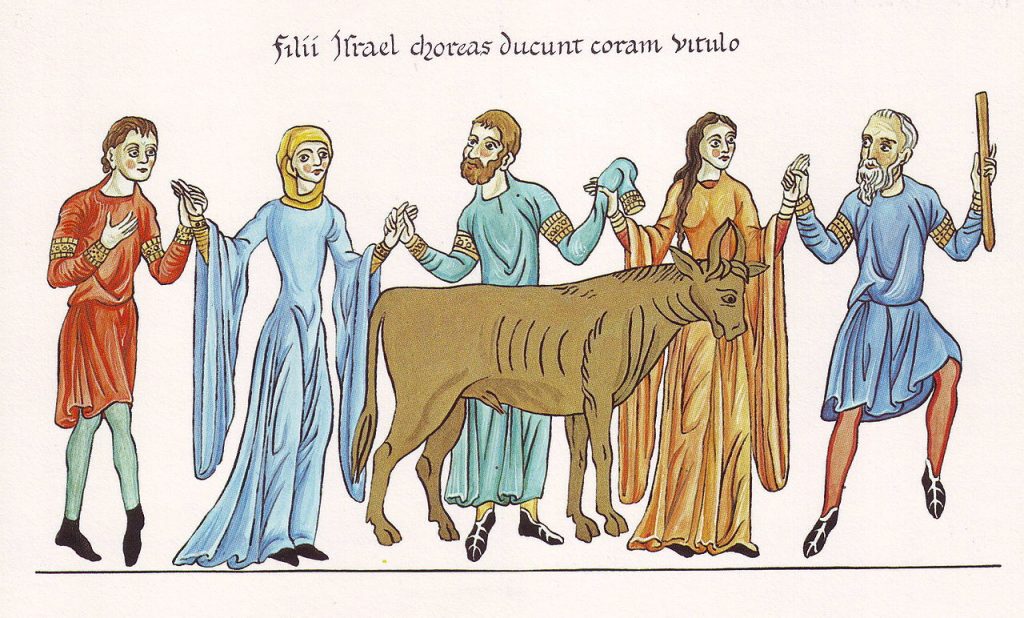Passover-Vayehi Beshelach-The 7th Day-Rabbi Yakira
The Seventh and last Day of Passover is called “Shevi’i shel Pesach”. The song of Moses (Exodus 15) in the Torah reading and the song of Thanksgiving by David (Samuel II 22:1-51) in the haftarah reading are both dramatic accounts of the hidden power and protective care and guidance of G-d over the Jewish people.









